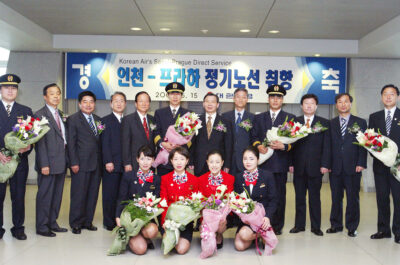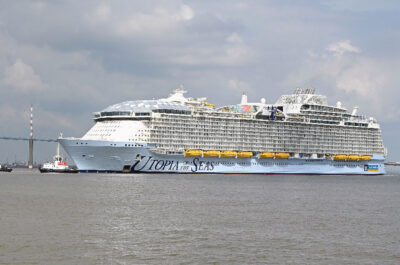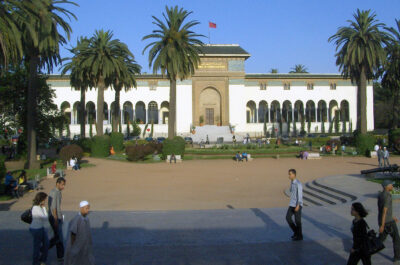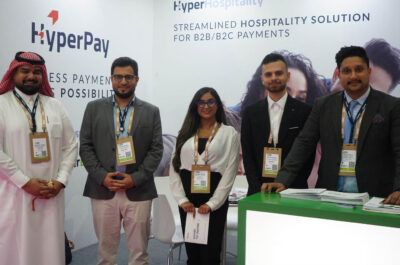The European Commissioner for Competition Neelie Kroes intends in the autumn of 2005 to propose a revised Block Exemption Regulation…
The European Commissioner for Competition Neelie Kroes intends in the autumn of 2005 to propose a revised Block Exemption Regulation for International Air Transport Association (IATA) passenger tariff conferences. As the current Block Exemption Regulation (1617/93) expires on 30 June 2005, the date of entry into effect of the new Regulation will be backdated to 1st July 2005. The Commission has consulted extensively on the revision of Regulation 1617/93, and this consultation process is continuing.
Background
Agreements between companies or `undertakings` which lead to an appreciable restriction of competition are prohibited under Article 81 of the EC Treaty.
The Commission or a national competition authority can order companies to end such illegal agreements and impose fines on companies for having concluded them. This applies also to unwritten agreements, as well as to concerted practices.
Examples include agreements which:
- fix purchase or selling prices or other trading conditions
- limit production, markets, technical development or investment
- share markets or sources of supply between competitors
- or apply discriminatory conditions to companies that are not parties to the agreement, placing them at a competitive disadvantage.
However, some restrictive agreements between companies escape the general prohibition laid down in Article 81. This can happen for instance when agreements encourage competition, for example by promoting technical progress or by improving distribution. An agreement satisfying all of the following conditions is allowed:
- it improves the production or distribution of goods or promotes technical or economic progress
- it allows consumers a fair share of the resulting benefit
- the restriction of competition must be necessary to achieve the two points above
- it must not eliminate competition for a substantial proportion of the products or services.
Since the recent modernisation of competition law, it is in principle for companies to assess for themselves whether the agreements they have concluded are compatible with competition law and Article 81 in particular. They can conduct this assessment on the basis of the guidance published by the Commission.
The Commission can also adopt so-called Block Exemption Regulations, which spell out in detail the conditions to be fulfilled by certain categories of agreements. Restrictive agreements that fulfil the conditions of a Block Exemption Regulation are allowed under Article 81. Current Block Exemption Regulations cover notably research and development agreements, specialisation agreements and technology transfer agreements, as well as distribution agreements (both in general and more specifically in the car sector) and IATA Tariff Conferences.
Theodore is the Co-Founder and Managing Editor of TravelDailyNews Media Network; his responsibilities include business development and planning for TravelDailyNews long-term opportunities.























































































































































































































